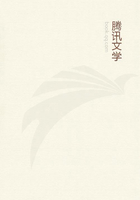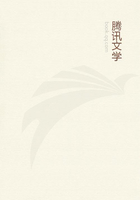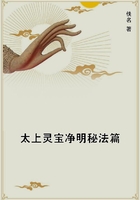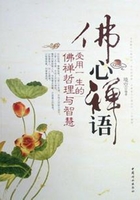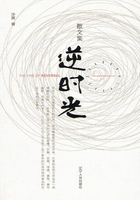We must shortly deal with the main aspects of Hume's philosophy. He starts directly from the philosophic standpoint of Locke and Bacon, which derives our conceptions from experience, and his scepticism has the idealism of Berkeley as its object. The sequence of thought is this: Berkeley allows all ideas to hold good as they are; in Hume the antithesis of the sensuous and universal has cleared and more sharply defined itself, sense being pronounced by him to be devoid of universality. Berkeley does not make any distinction as to whether in his sensations there is a necessary connection or not. Formerly experience was a mixture of the two elements. Hume tells us that all perceptions of the mind may be divided into two classes or species, that of impressions, i.e. sensuous perceptions, and thoughts or ideas; the latter are similar in content to the former, but less forcible and lively. All objects of reason are consequently either relations of thoughts such as mathematical axioms, or facts of experience. (2) Since Hume makes these into the content he naturally rejects innate ideas. (3)Now when Hume goes on to consider more closely what is subsumed under experience, he finds categories of the understanding present there, and more especially the determination of the universal and of universal necessity; he took under his consideration more particularly the category of cause and effect, and in it set forth the rational element, inasmuch as in this causal relationship necessity is especially contained. Here Hume really completed the system of Locke, since he consistently drew attention to the fact that if this point of view be adhered to, experience is indeed the principle of whatever one knows, or perception itself contains everything that happens, but nevertheless the determination of universality and necessity are not contained in, nor were they given us by experience. Hume has thus destroyed the objectivity or absolute nature of thought-determinations. “Our conviction of the truth of a fact rests on feeling, memory, and the reasonings founded on the causal connection, i.e. on the relation of cause and effect. The knowledge of this relation is not attained by reasonings a priori, but arises entirely from experience; and we draw inferences, since we expect similar results to follow from similar causes, by reason of the principle of the custom or habit of conjoining different manifestations, i.e. by reason of the principle of the association of ideas. Hence there is no knowledge and no metaphysics beyond experience.” (4)The simple thought we have here is exactly what Locke says, that we must receive the conception of cause and effect, and thus of a necessary connection, from experience; but experience, as sensuous perception, contains no necessity, has no causal connection. For in what we term such, that which we properly speaking perceive is merely the fact that something first of all happens and that then something else follows. Immediate perception relates only to a content of conditions or things which are present alongside of and in succession to one another, but not to what we call cause and effect; in time-succession there is thus no relation of cause and effect, and consequently no necessity either. (5) When we say the pressure of the water is the cause of the destruction of this house, that is no pure experience. We have merely seen the water pressing or moving along in this direction, and subsequently the house falling down; and so with other examples. Necessity is thus not justified by experience, but we carry it into experience; it is accidentally arrived at by us and is subjective merely. This kind of universality which we connect with necessity, Hume calls custom. Because we have often seen results to follow we are accustomed to regard the connection as a necessary one; the necessity to him is thus a quite contingent association of ideas, which is custom.
It is the same thing in respect of the universal. What we perceive are individual phenomena and sensations in which we see that this is now one thing and now another. It may likewise be that we perceive the same determination frequently repeated and in manifold ways. But this is still far removed from universality; universality is a determination which is not given to us through experience. It may be said that this is quite a correct remark on Hume's part, if by experience we understand outward experience. Experience is sensible that something exists, but nevertheless the universal is not as yet present in it. Indeed, sensuous existence as such is something which is set forth as indifferent, not differentiated from anything else; but sensuous existence is likewise universal in itself, or the indifference of its determinateness is not its only determinateness. But since Hume regards necessity, the unity of opposites, as resting quite subjectively on custom, we cannot get any deeper in thought. Custom is indeed so far a necessity in consciousness, and to this extent we really see the principle of this idealism in it; but in the second place this necessity is represented as something quite devoid of thought or Notion.

